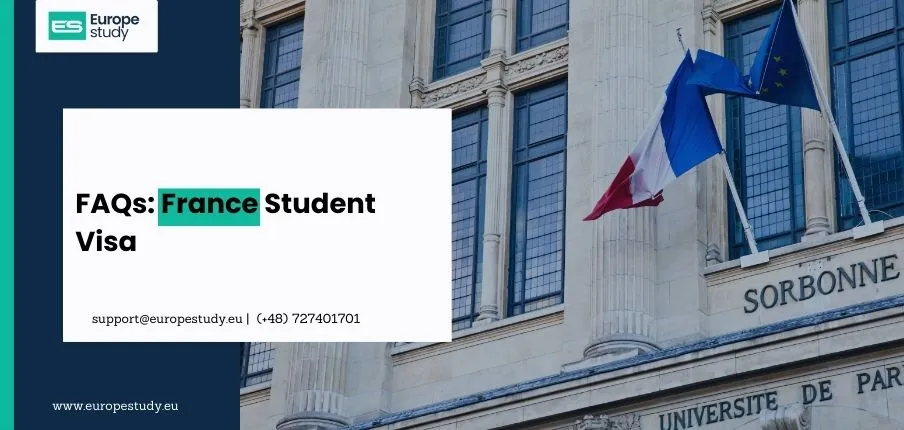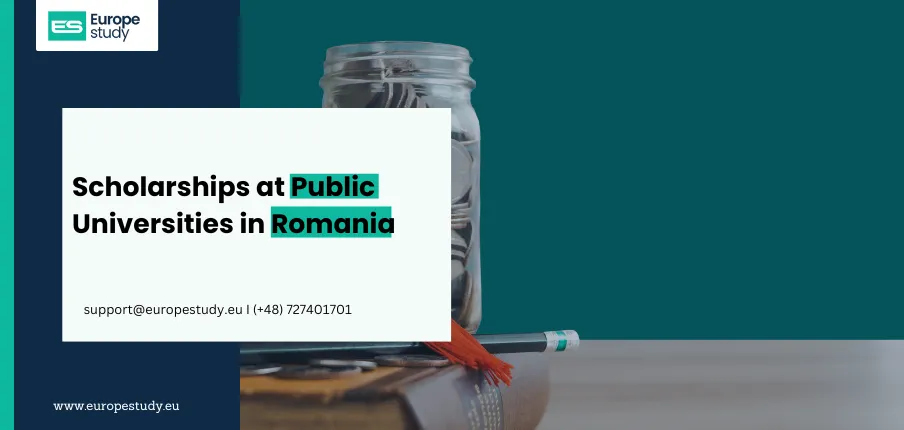
Important Changes in Poland Migration Law in 2025
Key Changes in Poland's Migration Law for 2025
As 2025 approaches, Poland is set to introduce significant reforms to its migration laws. These changes aim to simplify employment processes for foreign nationals, reduce decision-making time, and enhance access to skilled professionals. The new regulations will benefit entrepreneurs and investors, allowing them to better utilize the global labor market.
1. Poland's New Migration Strategy
A crucial element of the upcoming reforms is Poland's newly introduced Migration Strategy. This document outlines the country's long-term migration policy and is gradually being implemented through legislative proposals and administrative changes.
Key Objectives of the Strategy:
- Simplify employment regulations in industries facing labor shortages while limiting recruitment in sectors with an oversupply of workers.
- Digitalize the residency application process, allowing foreigners to apply online and reducing reliance on paper documentation.
- Modify the citizenship acquisition process, introducing a test on Polish culture and social norms along with a residency requirement before restoring citizenship.
- Improve visa policies, making application procedures more transparent and user-friendly.
- Support the integration of migrants through employer incentives and adjustments to employment agency regulations.
The strategy will be implemented in phases, with periodic reviews to ensure it meets evolving labor market needs.
2. New Employment Regulations for Foreign Workers
Starting in 2025, Poland will introduce significant changes to the employment laws for foreign nationals, with the goal of streamlining and standardizing the legal processes. Key updates include:
- Faster processing of work permit applications.
- Mandatory online submission of work permit applications via an integrated digital platform.
- A shift towards formal employment contracts, reducing the reliance on civil law employment arrangements. This will strengthen worker protections, provide clear employment benefits, and improve job stability for foreign workers.
3. Updates to the EU Blue Card System
In early 2025, Poland will introduce major changes to the EU Blue Card system, making it more attractive to highly skilled non-EU professionals. These changes include:
- Allowing EU Blue Card holders to engage in business activities under the same conditions as Polish citizens.
- Enabling greater professional mobility by allowing cardholders to change employers without obtaining a new permit.
- Permitting short-term mobility for EU Blue Card holders from other EU countries, allowing them to work in Poland for up to 90 days within any 180-day period without needing an additional work permit.
4. Digitalization of Applications via the MOS Platform
A significant modernization effort in 2025 is the introduction of the MOS (Moduł Obsługi Spraw) platform, which will revolutionize the application process for work and residence permits. This new system will:
- Allow foreigners to submit applications electronically.
- Enable real-time tracking of application status.
- Eliminate paper-based processing, reducing administrative delays.
- Improve transparency by providing easy access to necessary documentation and processing timelines.
This digital transformation aims to reduce waiting times and limit the need for in-person visits to immigration offices.
5. Simplified Residency Legalization for Ukrainian Citizens
In 2025, Poland will introduce a simplified process for Ukrainian citizens under temporary protection to apply for a residence card with a CUKR endorsement. The key aspects of this process include:
- Full digitalization of applications via the Office for Foreigners' website.
- A three-year residence card issued to eligible applicants.
- Eligibility criteria include maintaining uninterrupted CUKR status for at least 365 days and possessing a CUKR PESEL as of March 4, 2024, and on the application date.
Impact of These Changes
The 2025 migration law reforms will enhance flexibility, transparency, and efficiency in Poland's immigration system. These modifications will:
- Simplify employment contracts and work permit applications.
- Improve access to skilled foreign labor.
- Enhance Poland’s attractiveness for global investors and professionals.
- Strengthen Poland’s alignment with EU migration standards.
With these changes, businesses will have quicker access to international talent, and foreign workers will benefit from clearer and more efficient residency and employment procedures. Poland is positioning itself as a key European destination for skilled professionals and foreign investment.





